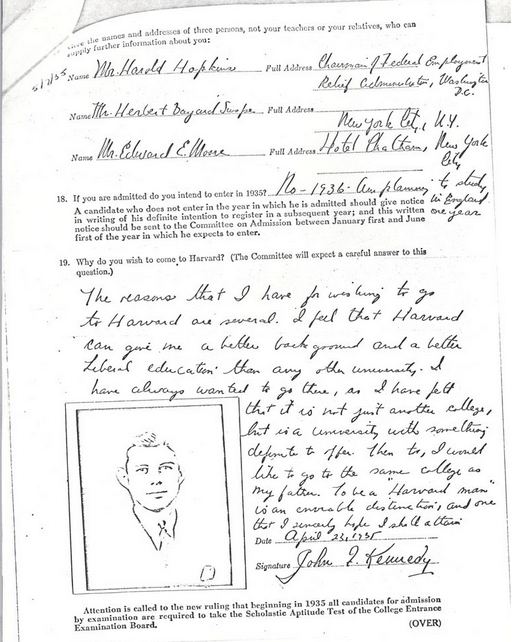1. Be ready to jump on the time you want
The interview sign-up portal usually opens day or so after you receive your interview invite email. Mark the day and exact time on your calendar! Most sign-ups are first come first serve, and your fellow applicants are fierce competitors for the best slot. Have a list of your preferred dates and times written out in rank order, so if your first choice is taken, you can quickly jump on your second choice.
2. Know your long-range schedule ahead of time
The interviews usually run for a few weeks, so you have many dates to choose from. For most people Friday is the best day to interview, since you'll miss the least amount of work. Consider arriving the night before your interview so that you get plenty of time to settle in and relax. Map out how long it will take to get to the interview location. If you're there early enough the day before, consider visiting the interview location ahead of time so you know your route. The last thing you want to do is dash from the train station to your interview, arriving frazzled and not in peak condition.
3. Avoid interviews right before lunch, or at the end of the day
A study featured in the NYTimes showed that, "experienced parole judges in Israel granted freedom about 65% of the time to the first prisoner who appeared before them on a given day. By the end of a morning session, the chance of release had dropped almost to zero. After the same judge returned from a lunch break, the first prisoner once again had about a 65% chance at freedom. And once again the odds declined steadily."
What does this mean for you? Schedule your interview for early morning or early afternoon, when the interviewers are at their freshest. Mental capacity for decision-making can deteriorate throughout the day, and you want the interviewers to be in peak condition when they talk with you.
4. Don't put anything on your schedule right before the interview
You want to be at your best and any anxiety you may have about missing a connection or arriving late will likely impede your sleep, give you jitters, and hurt your verbal fluency. Plus you'll likely be thinking about little else than your interview earlier in the day. Do yourself a favor -- keep your calendar free before the interview. You can backload your day with meetings once all the pressure is off.
5. Consider MBA activities happening the rest of the day
Many schools have activities scheduled throughout the day for interviewees. For example, at HBS there are multiple opportunities to sit in on classes and various formal sessions led by the AdCom. If you've never visited the campus before, it may be worth spending the morning attending class or talking to students, so if anything relevant comes up you can sound like you know more about the school during your interview. Personally, I had visited campus before my interview and had a good understanding of the school's culture, so I much preferred doing the interview first thing in the morning and enjoying the rest of my day. Do whatever is best for you.















